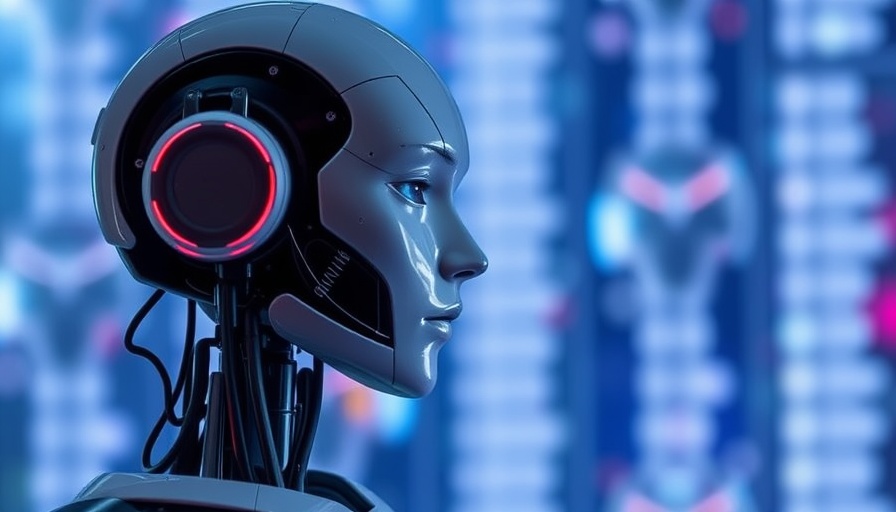
Why Are English-Speaking Countries More Worried About AI?
Recent research shows that English-speaking countries, including the UK, US, Australia, and Canada, express greater concern about artificial intelligence than their counterparts in Europe. This disparity appears tied to differing levels of trust in government regulation of the rapidly evolving technology. A poll conducted by Ipsos Mori across 30 countries revealed this divide, highlighting that two-thirds of Britons feel anxious about AI’s deployment in products and services (AI basics). Meanwhile, just under half trust the UK government to regulate AI sensibly.
The Global Outlook on AI: Where Excitement Meets Skepticism
The concern for AI isn't universal. In France, Germany, and Italy, less than half of the respondents expressed apprehension, suggesting a more balanced excitement about the technology. Matt Carmichael from Ipsos Mori elaborated, stating, "In the Anglosphere, there is much more nervousness than excitement," contrasting that with the more optimistic attitudes observed in Southeast Asia where excitement about AI is palpable. The blend of fear and hope reflects broader societal attitudes toward innovation and regulation.
The Importance of Understanding AI
A surprising quarter of respondents globally still lack a clear understanding of what AI entails (AI introduction), despite its description as a potentially transformative technology. This gap in knowledge fuels anxiety, emphasizing the need for accessible education about AI principles. Tackling misconceptions about AI and providing clear, simple tutorials can help demystify the technology and reduce widespread fear.
The Role of Government Regulation in AI Development
Surprisingly, trust levels in government regulation vary significantly. For instance, the European Union has implemented the EU AI Act, aiming to curtail the use of AI with higher risks, contrasting with the US, where attempts at regulation are stalled. This office of trust may explain why people from America, Japan, and Hungary exhibit higher levels of concern than their European peers. The upcoming regulations will likely shape the future landscape of AI and its acceptance across different societies.
Moving Forward: Embracing AI with Caution
Even amidst skepticism, many believe AI will become a key player in content creation, with public sentiment showing widespread discomfort at AI’s role in journalism, film, and advertising. Yet, as more innovations arise, acceptance may grow. Educating ourselves on the basics of AI programming and its implications can empower individuals and foster a more informed dialogue. Understanding AI enables individuals to adapt and thrive in this transformative era.
As we navigate the future of AI, knowing its fundamentals will equip you with insights to participate in shaping its role in society. Explore the endless resources available to learn about AI, ensuring a future where technology complements our lives rather than complicates them.
 Add Row
Add Row  Add
Add 




Write A Comment